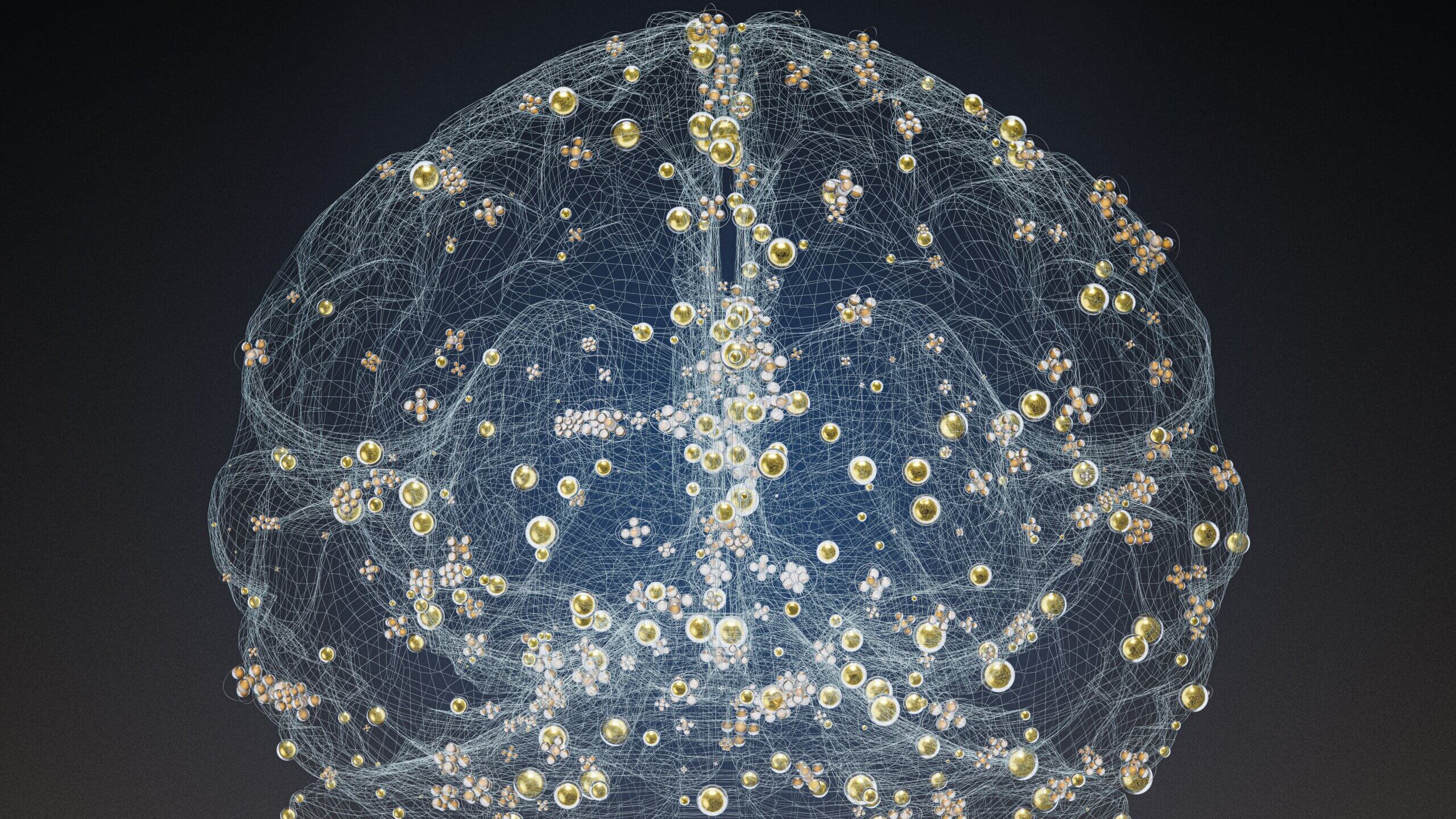Key Takeaway:
Human behavior is a complex subject that has been the subject of much discussion, with researchers suggesting that it could be explained by the way probability works in quantum mechanics. Quantum mechanics, a branch of physics that describes how nature behaves at the scale of atoms or sub-atomic particles, has shown that probabilities follow very different rules. This has led to the development of a new research field called “quantum cognition” within cognitive sciences. This field aims to explain human behavior more consistently, with the hypothesis that our thoughts follow quantum rules. Researchers have developed a framework for simulating the dynamics of people’s cognitive behavior as they digest “noisy” information from the outside world, which could be applied to other behavior in biology, such as the efficiency of green plants in processing external information. This idea, called artificial quantum intelligence (AQI), could help develop AI systems that behave more like real people.
Human behaviour is an enigma that fascinates many scientists. And there has been much discussion over the role of probability in explaining how our minds work.
Probability is a mathematical framework designed to tell us how likely an event is to occur – and works well for many everyday situations. For example, it describes the outcome of a coin toss as ½ – or 50% – because throwing either heads or tails is equally probable.
Yet research has shown that human behaviour can’t be fully captured by these traditional or “classical” laws of probability. Could it instead be explained by the way probability works in the more mysterious world of quantum mechanics?
Mathematical probability is also a vital component of quantum mechanics, the branch of physics that describes how nature behaves at the scale of atoms or sub-atomic particles. However, as we’ll see, in the quantum world, probabilities follow very different rules.
Discoveries over the last two decades have shed light on a crucial role for “quantumness” in human cognition – how the human brain processes information to acquire knowledge or understanding. These findings also have potential implications for the development of artificial intelligence (AI).
Human ‘irrationality’
Nobel laureate Daniel Kahnemann and other cognitive scientists have carried out work on what they describe as the “irrationality” of human behaviour. When behavioural patterns do not strictly follow the rules of classical probability theory from a mathematical perspective, they are deemed “irrational”.
For example, a study found that a majority of students who have passed an end-of-term exam favour going on holiday afterwards. Likewise, a majority of those who have failed also want to go for a holiday.
If a student doesn’t know their result, classical probability would predict that they would opt for the holiday because it is the preferred option whether they have passed or failed. Yet in the experiment, a majority of students preferred not to go on holiday if they didn’t know how they’d done.
Intuitively, it’s not hard to understand that students might not want to go on holiday if they are going to be worrying about their exam results the whole time. But classical probability does not accurately capture the behaviour, so it is described as irrational. Many similar violations of classical probability rules have been observed in cognitive science.
Quantum brain?
In classical probability, when a sequence of questions is asked, then the answers do not depend on the order in which the questions are posed. By contrast, in quantum physics, the answers to a series of questions can depend crucially on the order in which they are asked.
One example is the measurement of the spin of an electron in two different directions. If you first measure the spin in the horizontal direction and then in the vertical direction, you will get one outcome.
The outcomes will generally be different when the order is reversed, because of a well known feature of quantum mechanics. Simply measuring a property of a quantum system can affect the thing that’s being measured (in this case an electron’s spin) and hence the outcome of any subsequent experiments.
Order dependence can also be seen in human behaviour. For example, in a study published 20 years ago about the effects that question order has on respondents’ answers, subjects were asked whether they thought the previous US president, Bill Clinton, was honest. They were then asked if his vice president, Al Gore, seemed honest.
When the questions were delivered in this order, a respective 50% and 60% of respondents answered that they were honest. But when the researchers asked respondents about Gore first and then Clinton, a respective 68% and 60% responded that they were honest.
On an everyday level, it might seem that human behaviour is not consistent because it often violates the rules of classical probability theory. However, this behaviour does appear to fitwith the way probability works in quantum mechanics.
Observations of this kind have led cognitive scientist Jerome Busemeyer and many others to recognise that quantum mechanics can, on the whole, explain human behaviour in a more consistent way.
Based on this astonishing hypothesis, a new research field called “quantum cognition” has arisen within the area of cognitive sciences.
How it is possible that thought processes are dictated by quantum rules? Is our brain working like a quantum computer? No one yet knows the answers, but the empirical data strongly appears to suggest that our thoughts follow quantum rules.
Dynamic behaviour
In parallel to these exciting developments, over the past two decades my collaborators and I have developed a framework for modelling – or simulating – the dynamics of people’s cognitive behaviour as they digest “noisy” (that is, imperfect) information from the outside world.
We again found that mathematical techniques developed for modelling the quantum world could be applied to modelling how the human brain processes noisy data.
These principles can be applied to other behaviour in biology, beyond just the brain. Green plants, for example, have the remarkable ability to extract and analyse chemical and other information from their environments and to adapt to changes.
My rough estimate, based on a recent experiment on common bean plants, suggests that they can process this external information more efficiently than the best computer we have today.
In this context, efficiency means that the plant is consistently able to reduce the uncertainty about its external environment to the greatest extent possible in its circumstances. This could, for example, encompass easily detecting the direction that light is coming from, so that the plant can grow towards it. The efficient processing of information by an organism is also linked to saving energy, which is important for its survival.
Similar rules may apply to the human brain, particularly to how our state of mind changes when detecting outside signals. All of this is important for the current trajectory of technological development. If our behaviour is best described by the way probability works in quantum mechanics, then to accurately replicate human behaviour in machines, AI systems should probably follow quantum rules, not classical ones.
I’ve called this idea artificial quantum intelligence (AQI). A great deal of research is needed to develop practical applications from such an idea.
But an AQI could help get us to the goal of AI systems that behave more like a real person.





























